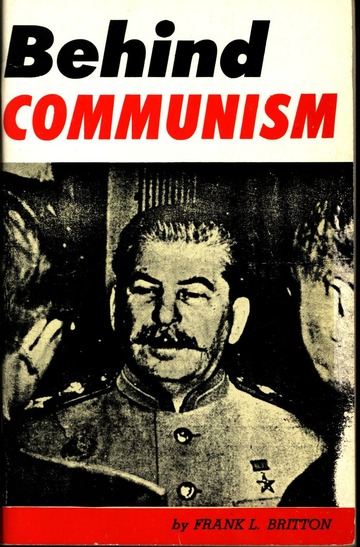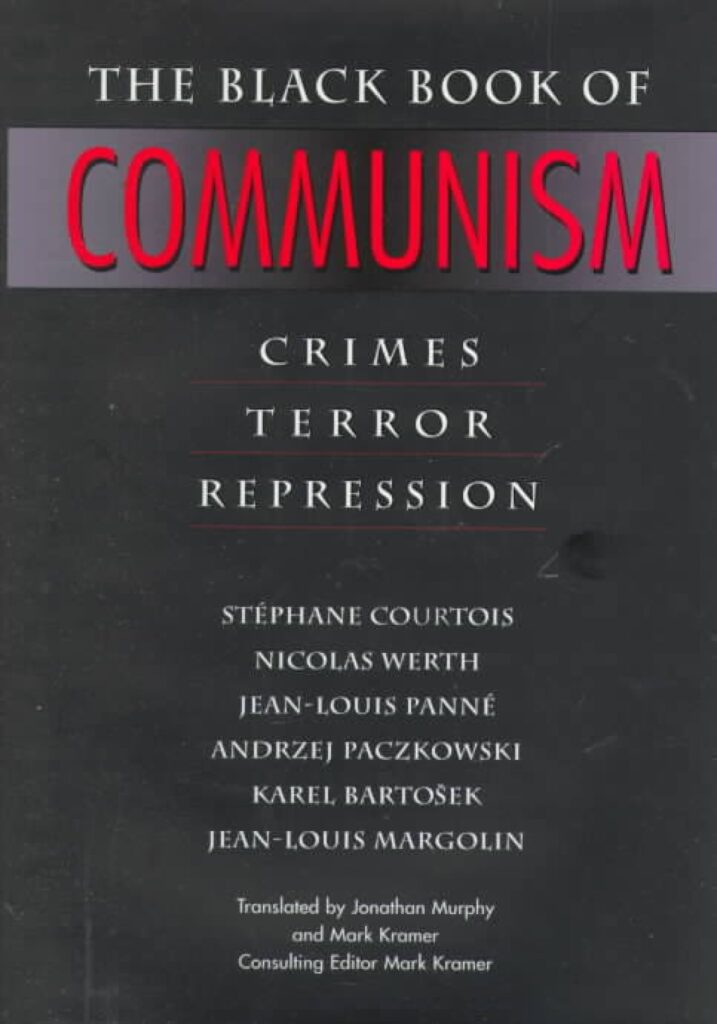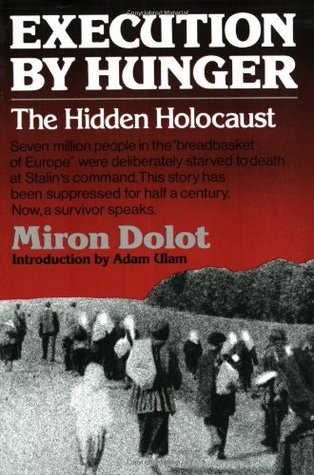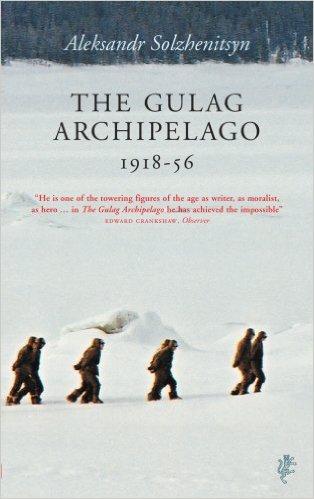PDFs to Read or Download
PDFs to Read or Download

by Frank L. Britton (1953)
Here is persuasive, unassailable proof that it was Jewish revolutionaries who invented and supervised the horrors and ravages of Communist totalitarianism. Karl Marx, a Zionist Jew, was inspired by Moses Hess, a Zionist Jew, to formulate the dogma of the Communism system. Then, Lenin, a Zionist Jew, teamed up with Trotsky, a Zionist Jew, and other Illuminati, Zionist Jews to seize the Russian Empire and turn it into a massive, bloody, killing and torture factory rivaling anything George Orwell (1984) could have ever conceived. In this groundbreaking book, you will be shocked to discover what and who is BEHIND COMMUNISM…

by Various Authors (1999)
This international bestseller plumbs recently opened archives in the former Soviet bloc to reveal the actual, practical accomplishments of Communism around the world: terror, torture, famine, mass deportations, and massacres. As the death toll mounts, the authors systematically show how and why, wherever the millenarian ideology of Communism was established, it quickly led to crime, terror, and repression. An extraordinary accounting, this book amply documents the unparalleled position and significance of Communism in the hierarchy of violence that is the history of the twentieth century.

Execution by Hunger: The Hidden Holocaust
by Miron Dolot (1985)
This poignant eyewitness account of the Ukrainian famine by one of the survivors relates the young Miron Dolot’s day-to-day confrontation with despair and death―his helplessness as friends and family were arrested and abused―and his gradual realization, as he matured, of the absolute control the Soviets had over his life and the lives of his people. But it is also the story of personal dignity in the face of horror and humiliation. And it is an indictment of a chapter in the Soviet past that is still not acknowledged by Russian leaders.

The Gulag Archipelago 1918-1956
Volume One — Volume Two — Volume Three
by Aleksandr Solzhenitsyn (1973)
Solzhenitsyn’s attempt to compile a literary-historical record of the vast system of prisons and labor camps that came into being shortly after the Bolsheviks seized power in Russia in 1917 and that underwent an enormous expansion during the rule of Stalin from 1924 to 1953. The work mingles historical exposition and Solzhenitsyn’s own autobiographical accounts with the voluminous personal testimony of other inmates that he collected and committed to memory during his imprisonment.